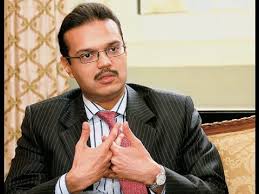
Sun-Tzu Tactic of first scaring and then relieving
NAMO is clearly an avid follower of the principles laid down by Sun-Tzu, the great Chinese philosopher, in his timeless classic, the Art of War.
First, NAMO whipped up frenzy over Akhlaq (Beef ban) and Kanhaiya (intolerance). While the liberals got their knickers in a twist and were frothing at the mouth, nobody noticed that NAMO had not fulfilled several of the poll promises even one year after completion of office.
Second, NAMO provoked Arvind Kejriwal, Mamta Bannerjee and RaGa to behave like buffoons over the demonetisation issue. Such was their buffoonery (the height was when Mamta alleged that the Army had launched a coup in West Bengal), that the public forgot the hardships caused by demonetisation.
Third, NAMO spread the rumour that long-term capital gains would be brought to tax. People were so beset with worry that when it did not happen, they were grateful to NAMO for sparing them the axe.
If Budget has LTCG, is hazy on FPI tax, only God can help D-St! https://t.co/1mAhI4RMpG #india #indiabiz
— #IndiaBiz ?? (@Indian_Biz) January 25, 2017
.@CreditSuisse TO ET NOW: Markets excited as Budget did not change definition of LTCG. #ETNOWExclusive
— ET NOW (@ETNOWlive) February 3, 2017
No taxation change on capital markets (Specially LTCG)
No service tax increase
No excise HikeNo bad news is a GOOD news #Budget2017
— Rishi Bagree (@rishibagree) February 1, 2017
In india we artificially create fear abt a policy (LTCG) which was anyways not happening..and then they start jumping "oh that's a big +ve"
— Vivek Pandey (@IVivekPandey) February 1, 2017
Big ‘Wow’ Factor in the Budget that nobody noticed
“The government’s commitment to reduce the debt-to-equity ratio is one ‘wow’ factor,” Ridham Desai explained, his voice tingling with excitement.
Ridham launched into an elaborate explanation of what this means and why it is such a big deal.
Much of what he said is not intelligible to novice investors. The bottom line of his theory is that more interest rate cuts are on the anvil.
Let’s Get On With The “Grandmother” Of Bull Markets
Menaka Doshi, the editor of Bloomberg, grilled Ridham Desai on various facts and figures relating to the Budget.
After a detailed discussion on various complex issues such as fiscal deficit, systematic disinvestment, GDP, etc, Ridham confirmed that “This is not the end of the bull market; it’s the beginning”.
He also made the comforting remark that the issue of fiscal deficit is “a medium-term and positive for equities, which will not get priced in today into the marketplace but when we come closer to this target, I think the market will realise that it’s actually boosted growth and kept inflation low”.
With regard to demonetisation, Ridham confidently declared that the crises is over. “The cash in circulation that is required for normal transaction in the economy is back to where it ought to be,” he said.
He also confirmed that the stern stand of the Government of not bailing out PSU Banks with taxpayers’ money is a “bullish thing” which will galvanize the stock market.
Donald Trump is a blessing for India
Ridham gave an example of his unconventional thinking abilities by pointing out that President Donald Trump’s policies have actually benefitted the Indian economy and stock market.
“People have probably not realised that since President Trump took office, emerging markets have beaten developed markets and that was the narrative when President Trump took office because everybody was of the view that the dollar is going to rise and EM is going to be in pain. India has actually underperformed EMs. Even in January, we have had a spectacular rally in India but India is underperforming! So imagine, what emerging markets countries are doing right now. This is happening because global growth is accelerating,” he said.
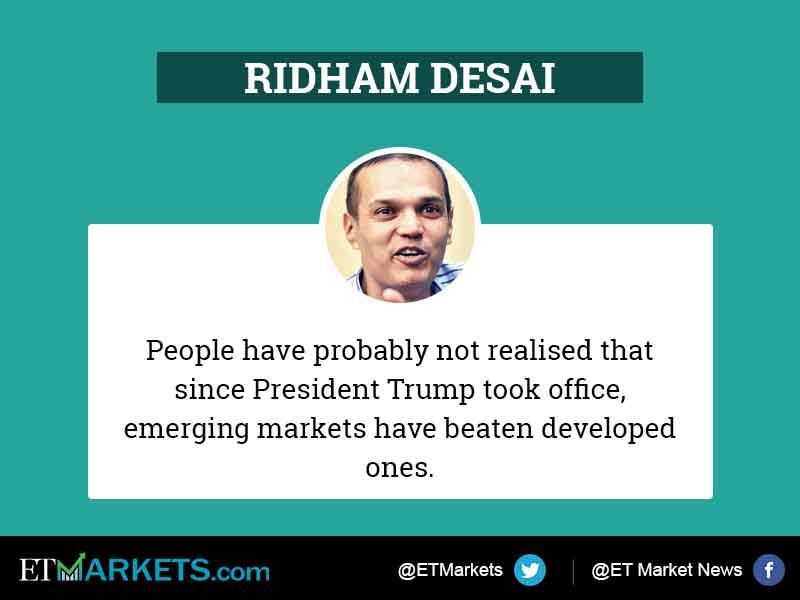
(Image Credit: ET)
Structural shift as average Raju is preferring equities over FDs
Ridham opined that a “structural shift” is happening to the economy because average Raju’s, who were hitherto scared of the stock markets, are now dipping their toes into stocks.
“.. we are seeing structural shifts in the domestic household balance sheet and equities are becoming quite popular as an asset class. Over the last two years on a cumulative basis, domestic flows have outstripped FII flows and that had not happened for the previous two decades. These are big shifts that are happening in India. The domestic flows will sustain over the coming years and therefore the relevance of FII flows will actually reduce. Nevertheless there could be a cyclical shift which we may be dealing with and that may lead to a pretty strong performance of the market if it happens and then eventually of course the market will get overheated but we are still away from that situation,” he explained.
Ridham Desai expects Indians 2 continue preferring equities over gold in asset allocation. Of such wishful thinking are bull-markets made.
— SonaliRanade (@sonaliranade) February 2, 2017
“Dark horse” stocks to buy where valuation are ripe and with massive headroom from current levels
Menaka rightly cornered Ridham Desai with a point-blank question on the best stocks to buy now.
Ridham opined that NBFC (Non-banking finance companies) are a strong buy given that they have not fully recovered from the demonetisation blow. He also advised that consumer stocks, especially discretionary consumer, would do well because consumption demand is very strong. He also pointed out that there is a shift in styles that has happened which is the market is moving away from quality to value and therefore deep value stocks may actually do quite well in this environment.
“So people are looking for value and a lot of sectors and stocks fit that description so you may want to keep a look at value stocks,” Ridham advised.

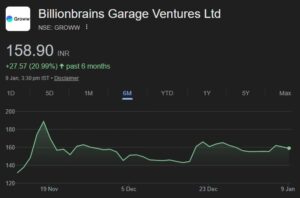
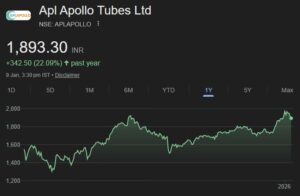
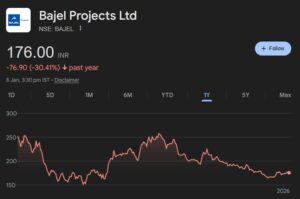
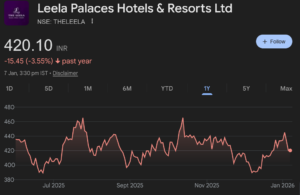
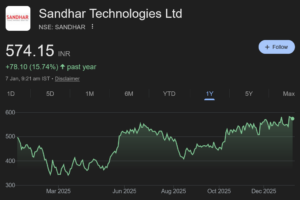
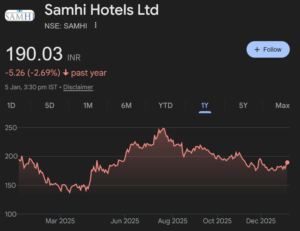
Indian Economy is run by Enterpenures, and Govt mostly ends up creating problems to show its presence..During run up to last Lok Sabha polls ,Modi has promised moon but now has no idea how to deliver.Before Budget,there was fear of LTCG,but now there is another big fear of DeModitisation in coming assembly election.If BJP loses due to misgoverness of Modi ,then there will be kneee jerk reaction but that should be bought.As Demoditised Govt will result into Economy on Auto Pilot,and Lame Duck Modi Govt will be Good as that will disturb Enterpenures minimum .
NBFC are presently high risk idea. They normally have high exposure to the unorganized and small retail customers. This is one area hardest hit by demonetization. The extent of damage caused by demonetization will unfold over next few quarters. Motorcycle sales, (a barometer of this segment) took severe beating in November (-6% y-o-y), December (-22% y-o-y) and continues into January 2017 as initial data shows for Hero and Bajaj. Normally January should have been a bumper month as pent up demand comes back in one shot. Part of the problem of lower sales would be because of inability of manufacturers to fully revive the supply chain. February would also be better month. Once the backlog of orders is exhausted, the real impact of demonetization would kick in.
The cash crunch that led to this fall would also impact monthly payout capacity of the customers not only for this product but all such purchases effecting NBFC’s revenue stream. For people who lost jobs and were displaced, the possibility of buying items on credit moved some distance away effecting NBFC’s in the next few quarters.
great assessment Iqbal sir, so the net reco is that we wait for the price to factor in this 3-6 month slide in the projected growth
Budget 2017 was expected to be the balm for an economy still copping with the effects of demonetisation. Also, it was expected that the government will make the right political noises as it is heading to key assembly elections, without loosing much on the balance sheet. It has managed to strike a perfect balance, however the net result is that there is not much to boost the economy. As that the pain of demonetization was felt more severely by rural India, the maximum giveaways were for farm sectors and rural India in the form of a 24% increase in capital spending to Rs 1.87 trillion.